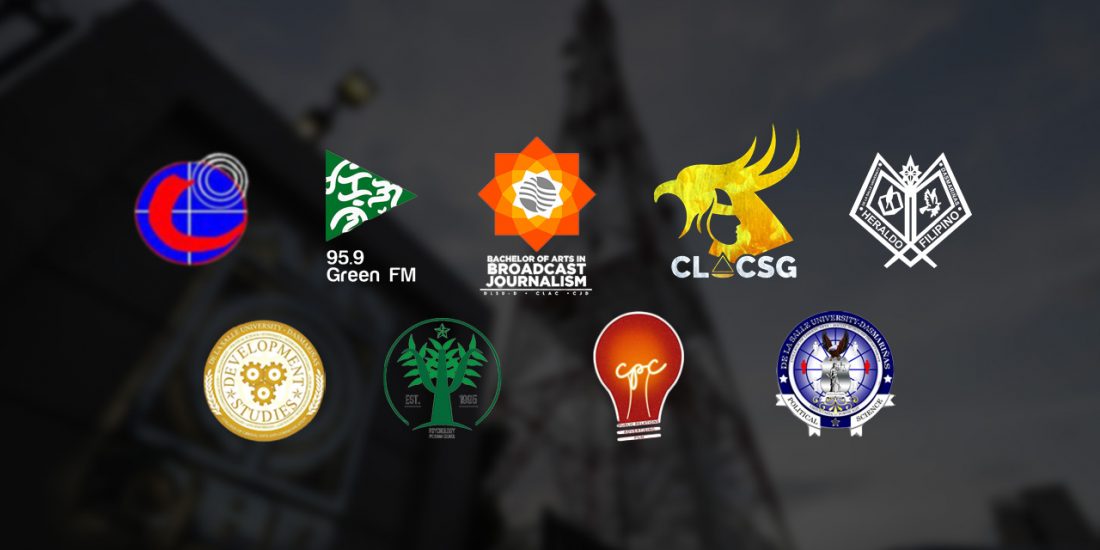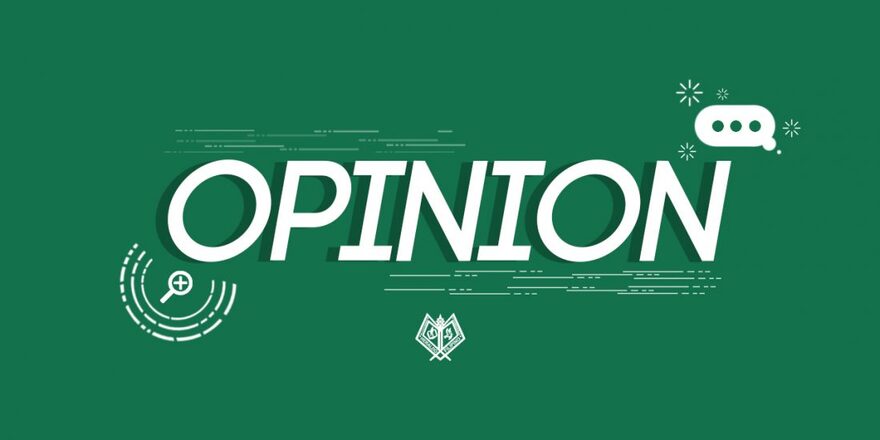In anticipation
Here’s something scarier than finals week: The future.
And just like studying, we often put off “the future” for as long as we can. It’s as if it’s a daunting task rather than the stark inevitability because when the possibilities are endless, our decisions don’t feel as significant as they should. In my three years working for The HERALDO FILIPINO (HF), I am constantly reminded that you will never be prepared for the so-called future, but you must always be ready—and it starts with understanding the difference.
Don’t get me wrong, I’m not here to preach that we should all have a precise life plan at the age of 20, but to point out that the future isn’t something we should fear, as the future is subjective anyway. We will never really reach the future, because in retrospect this present is the “future” from a few years ago too—and we’re more or less surviving the used-to-be great unknown.
Humans have an innate tendency to mentally time travel to and fro their actual and idealized selves; jotting down study notes in one minute to imagining a beach wedding with a truckload of puppies in the next. Psychologically, this is called prospection, or how you plan to see your life with these “ideas” ultimately becoming the center of your actions and decisions. But this isn’t always the case. A neurological study conducted in 2011 found that people tend to think of their present and future selves as completely separate people, with a region in the brain even experiencing less familiarity reactions when we discuss the future. Our brain acts as if our future self is someone who we are completely unfamiliar with, and frankly, someone we don’t give much of a damn about.
Embrace the unpredictability
Though the study stated that we think that our future selves are eventual strangers to us as a negative, I disagree. There is a certain gleam of hope that these “strangers” we have yet to discover are those who have the potential to be better than who we are now. They’re not strangers because they’ve completely forgotten who we are, but because they’ve grown from the shell of a weaker us. In HF, who you are when you enter the organization will eventually be a stranger to yourself in a few years—not only is that normal, it’s crucial to the publication’s progress. As in society and in the real world, we can’t possibly expect ourselves to uphold the same belief system and work ethic as before, and that happens. A progressive society is made up of progressive people—as long as we maintain our principles to be a good person, after all. As my favorite philosopher Alain de Botton puts it, “People only really get interesting when they start to rattle the bars of their cages.” Thus, rattle and destroy cages we do.
This is where being ready and being prepared comes in. It’s about time we look at ourselves now in the perspective of the future. We must realize that the pressure on our shoulders is no burden, but the expected struggle that comes from being afraid of change together, and that’s what makes it worthwhile. It’s high time we embrace the unpredictability—the knowledge that you have the possibility of failure, of not being good enough, and still give your all because however you run from it, destiny still awaits.
To peek into the future is to confront yourself now. And it’s time to open our eyes.




